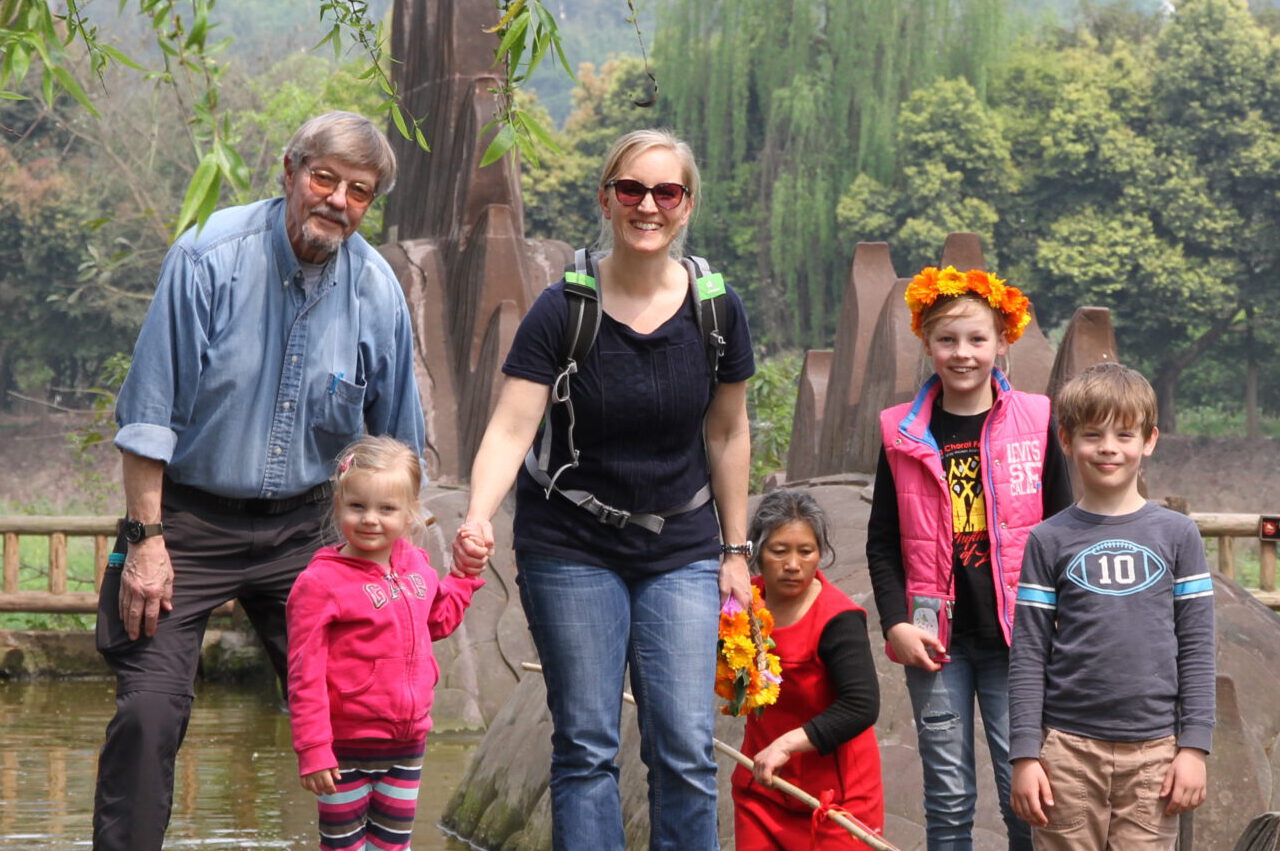When we first set out on our global mobility adventure, we rarely think about returning home – that would defeat the whole purpose! But at some point the day usually comes when either we decide it’s time to return to our passport country or circumstances make it the best option. Not much thought is put into returning “home” because we think we know the place. It’s not a new & exotic location like where we’ve been living. “Nothing ever changes there” we think.
While change may come slower to some places it does come but more importantly, you have changed. You have been away, experiencing new things, growing in new ways, learning, seeing, smelling, tasting, exploring the world. Because of the metamorphosis you have gone through, you will experience your passport country differently than before and may find you have a harder time settling in than you thought you would.
In September 2019 we returned to Germany after 8 years. It was uncomfortable. It felt like putting on a ski boot again after being off the slopes for years. Tight fit and lots of pressure points, pushing. I just wanted to pull the boot off again and slip into my running shoes. But, like ski boots that start feeling more comfortable after a while, after 9 months we are settling in somewhat. It helps to have good socks and to not cramp your feet while you’re skiing. Then you can enjoy the ride and focus on the scenery.
Today I am sharing my top tips for repatriating to your passport country with children and I’ve included a list 🙂 I suggest reading the Leaving Well articles as well. In particular, building a RAFT before saying goodbye will help you repatriate or move on to a new location better.
1. Prepare for Repatriation as if it were another expat assignment. Mindset is everything. If you set out to have an adventure like you did when you first went abroad, chances are things won’t grate on your nerves as much. Try to understand the local cultural background to put their (annoying) behavior in context. Keep in mind, for your kids this may be a new country. They may have spent summers here but haven’t ever lived in your home country and don’t understand the unwritten rules and social norms. It may be all new to them. Make a list of things to explore and do in your new country – just like you did when you went abroad.

2. Gather as much information about schools as possible (times, class sizes, uniform/clothing (indoor sport shoes!), supplies, social life) and share it with your children. Prepare them as well as you can for their first day at school. Some of the changes that hit us were:
– No school uniform. We needed more clothing!
– Gym shoes for indoors & slippers for school. This one came out of the blue for me.
– Parents buy all school supplies. Every class requires a different type of notebook with a different color cover, add in the necessary pens, pencils (2B, HB,…), colored pencils, wax crayons, art supplies, etc. etc. etc. TIMES THREE
– Walking to school, class sizes up to 30 students, learners sent home when teachers are out sick, …

3. Research clubs and activities in the area you’re going to. Are there things you all enjoy doing available? Perhaps there are new activities and hobbies you are interested in or a sport you used to enjoy that you can take up again now.
4. Formulate an answer to the question “where are you from?” If you haven’t already, talk through possible replies and help your children find an answer that feels right to them. We settled on “I’m German but I’ve lived in China for the last four years.” It explains enough without getting into too much detail that could be perceived as bragging.

5. Share expectations and what you know will change. Talk, talk, talk.
- Emotional: You may be seen as exotic and welcomed back with open arms – briefly, before everyone returns to their day-to-day lives. You may feel there is no place for you. You may feel like you don’t fit in. Everyone in the family may be on a different emotional rollercoaster.
- Logistical: How will life be different? Housekeeping, mobility, finances, holidays? Our children have grudgingly learned to load & unload the dishwasher, make their beds daily, vacuum and fold laundry.
6. Check-in with each other. Share your hopes and fears and stay connected in the chaos – remember you are the only ones that share your experiences. Maintain family rituals that you have had abroad and share memories. It’s good to talk about things that you miss and that make you sad. It will get easier.

7. Take first class care of yourself. Know what you need to do feel well and grounded and prioritize your mental and physical health. Yes, even now. Especially now. You cannot pour from an empty cup so you must refill yours before you can take care of others. If you are struggling, talk with your partner and family about ways you can carve out some “me” time. Coaching is also a good way to focus on yourself. The Adapt & Succeed program is designed specifically for expats and their unique situation and can help you through any transition, even repatriation.






